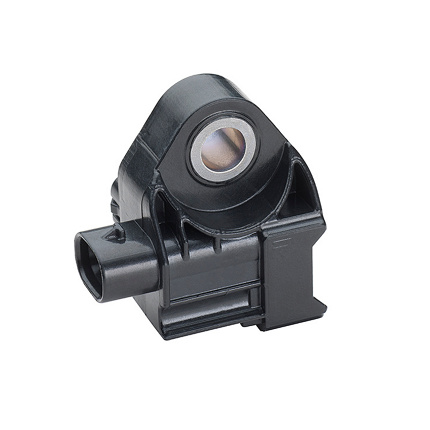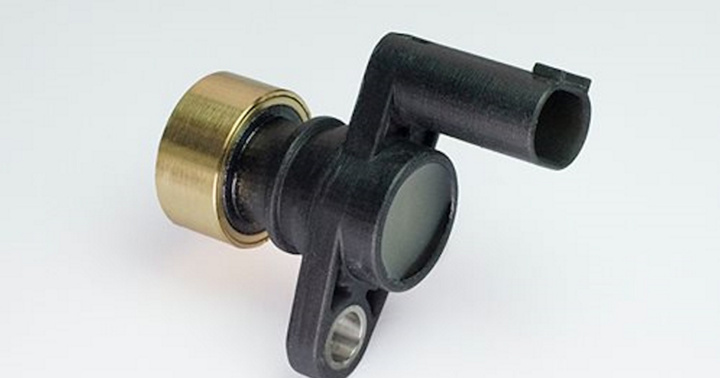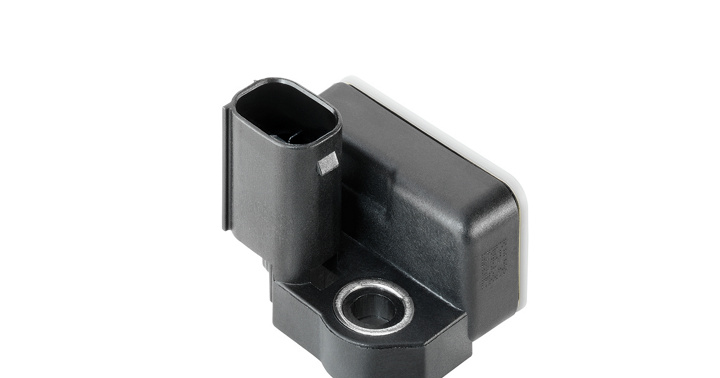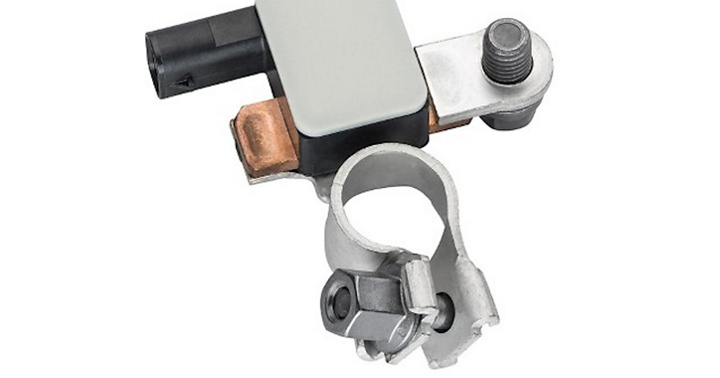Active chassis control systems require sensors to measure the distance between the suspension and the chassis. To determine the acceleration of the body and wheels in the case of regulated shock absorber systems, acceleration sensors measure the wheel and body acceleration in the direction of the vehicle’s vertical axis. Controlled active shock absorbers are used in an attempt to further alleviate the traditional conflict of goals between sporty and comfortable chassis tuning. These kinds of systems generally exert control using four wheel path sensors and three low-g acceleration sensors. The system control unit uses these incoming signals and additional information to determine vehicle status. When a control strategy is present, the information is used to calculate the optimum shock absorption force for each wheel and set to that amount in the damper valve via the electrical control system.
Benefits & Features
- Vertical body and wheel acceleration
- Lateral/longitudinal body acceleration
- Wheel/body acceleration
- Engine vibration management
- Top/Power lift gate position control
Technical Information
+/- 1,6 g and +/- 16,0 g
Measurement ranges
Measurement directions in x-, y-, and z-axes
300 LSB/g and 30 LSB/g
High sensitivity
(1000 g, 1ms)
Overload protection
16,5 V
Over voltage protection up to
(PSI 5)
Digital output
-40°C up to 125°C
Temperature range
IP6K9K
Protection class
Our Sensor Highlights
Do you want to know more?
*If the contact form does not load, please check the advanced cookie settings and activate the functional cookies for the purpose of contact management.




